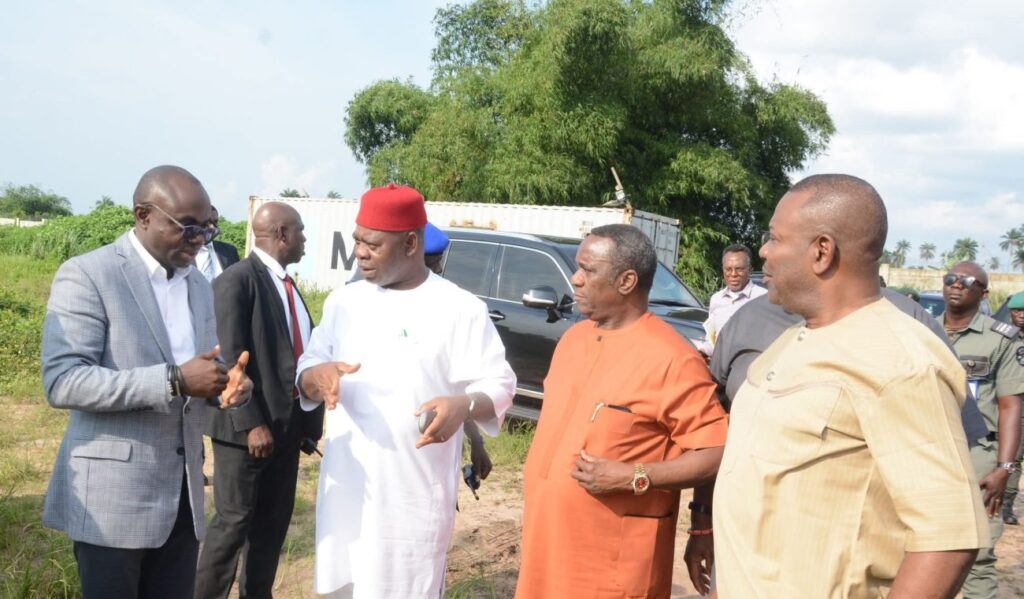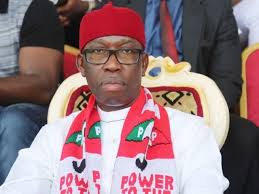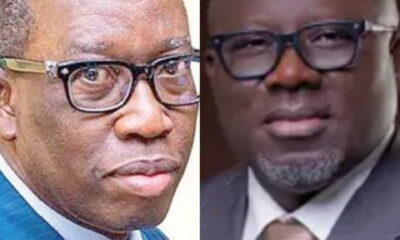Business
From Warri to Kwale: Delta’s Industrial Mirage and the Politics of Promise

BY EGUONO ODJEGBA
In the heart of Nigeria’s oil-rich Delta State, the promise of industrial transformation has long been dangled before the people like a carrot on a stick. From the Warri Industrial Business Park (WIBP) conceived in 2008 to the newly launched Kwale Industrial Park under Governor Sheriff Oborevwori, the narrative remains eerily familiar: grand visions, staggering budgets, and elusive results.
Warri Industrial Park: A $1.5 Billion Dream Deferred
The Warri Industrial Business Park was launched with fanfare during the administration of Governor Emmanuel Uduaghan, with Sheriff Oborevwori then serving as a key member of the legislative arm. The project was pitched as a $1.5 billion Public-Private Partnership (PPP) initiative to diversify Delta’s economy beyond oil.
Located in Edjeba, Warri South on a sprawling 329 hectares,the WIBP rested on an impressive vision: hub for logistics, real estate, agriculture, and manufacturing. It had beautiful infrastructure promises: Light rail, dredged port channels, and a 7-storey administrative tower.

Dep Gov. Onyeme in white and red cap, with members of the state economic team at the site of the proposed Kwale industrial park
Despite its strategic location near four seaports and the Osubi Airport, the WIBP never materialized beyond paper and press conferences. Years later, the site remains largely undeveloped, with no clear audit of the funds spent or the contractors engaged. The project has become a textbook case of infrastructural inertia—where ambition meets opacity.
Kwale Industrial Park: Déjà Vu in Ndokwa West

Fast forward to 2025, and Governor Oborevwori—now at the helm—has earmarked ₦2.065 billion to kick start the Kwale Industrial Park, a supposed flagship of his MORE Agenda. The park is pitched as a Free Trade Zone, with Delta Wire Industries as its first anchor tenant and promises of six more companies to follow. Expected key industries includes steel, wire, petrochemicals, and agro-processing to be variously undertaken by Delta Wire Industries and Kwale Gas Gathering Facility; with a projected 6,000 direct employment opportunitie.
While the Deputy Governor, Sir Monday Onyeme and the state economic team have made inspection visits and praised the “machinery on ground,” critics argue that the optics mirror the Warri playbook: early fanfare, political tours, and vague timelines.
The six-month operational directive issued by the governor is ambitious, but without transparency and third-party oversight, skepticism looms large.
Political Dynamics: A Pattern of Patronage and Paper Projects
Since 1999, Delta’s political landscape has been dominated by a revolving door of familiar faces. Projects like WIBP and now Kwale Industrial Park often serve dual purposes: economic development and political branding. The lack of forensic audits, citizen oversight, and independent evaluations has allowed successive administrations to recycle promises without accountability.
Governor Oborevwori’s role in the Warri project and his current push for Kwale raises questions about continuity of governance versus continuity of mis-governance. While the technocratic veneer of the current administration is unarguably filled with finance experts and economic advisers and offers hope, but history urges caution.
Conclusion: Will Kwale Break the Curse or Repeat It?
The Kwale Industrial Park aside a number of others being showcased could be a game-changer for Ndokwa West and Delta State at large. But without public transparency, independent audits, and measurable milestones, it risks becoming another white elephant grazing on public funds.
As citizens and watchdogs, the time to demand accountability is now. The lessons from Warri must not be forgotten. Delta deserves more than industrial mirages—it deserves industrial miracles.




























